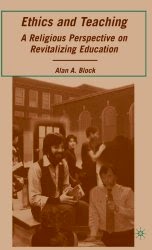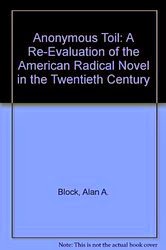When Sleep May Come
I do like to sleep. After a day, busy or not, pulling back the duvet and lying down on crisp cool sheets is a sensually pleasant event. The tactile sensation on my skin doesn’t stimulate but eases my senses and relaxes my physical being. I melt into the mattress.
I am not ready yet for sleep, however. I have to read for some time. A good bedtime read is a book that doesn’t crush my chest. War and Peace was once a challenge wonderful novel but a heavy burden. And of course, the book cannot not require too much cognitive effort because I am, after all, eventually trying to fall asleep. There are morning books for which I require a desk, a pen and my journal. There are afternoon books I read in my rocking chair now before the fire, and then there are my bedtime tomes, fully plotted, appealingly styled, into whose body I am welcome and entrance easy. Setting up the pillows, well, I read.
Soon my concentration starts to weaken, and the sentences begin wander on the page. I hope a pause in the text is near, but I will cease reading nonetheless in a short time. I soon lay aside the book, make certain that the phone is on silent, turn off the bed light and slink down in the dark onto my back between the sheets and duvet with a sigh of some contentment.
I turn onto my side and close my eyes. But that erasure doesn’t close down the mind that suddenly feels itself released and from somewhere images flood my consciousness in no order or priority. I can turn off the radio and the television and the computer but the mind has a mind of its own. I consider the thoughts as I perceive them, try to pause the array so that in the concentration I might move toward rest. On a good night I can focus on some writing with which I am presenstly engaged, and sometimes I can even make plans for tomorrow’s start. I keep a journal by the bed but I usually prefer not to pause the process of moving toward sleep to turn on the light, open the journal, grab a pen and begin to jot down some thought in a handwriting I might not be able to read in the morning.
But I really want to sleep, and so I practice some techniques I have learned over the years: counting sheep or any other animal has never worked, but sometimes counting backwards from one hundred does offer some success. I have created a prayer-like mantra that often settles me. I have recently read that trying to name all the states in alphabetical order is effective. This one I have employed with great success but somehow always miss one or two states. My yoga teachers have suggested breathing in to the count of four and breathing out to the count of four. This method has proved somewhat effective. Or I can lie on my back in savasana—the yogic corpse pose with my legs splayed out and my arms at my side with my palms facing up. It is a great art to relax. Sometimes I do all of the above and still without sleep, I resort to sleep aids.
I turn again onto my side—always my right side—and close my eyes. And I as if by magic I fall into an oblivion: into sleep. Before dreams come there is simply a blankness, an unawareness, a complete lack of feeling and sense. But this is not a willed act—I cannot will myself to sleep anymore than I can demand a particular dream. But the movement into sleep is so sudden that there is no sense of transition. A switch is shut and so am I. In an instant I am no longer awake and aware of myself or the world, but for the life of me I cannot remember or consider the precise moment of movement into sleep, the change between awakeness and sleep, the switch from consciousness to its opposite. Eventually dreams do come and if my consciousness is not active, my unconscious actively asserts itself. I know where I am or can soon discover it.
I suspect scientists can tell me what chemicals either flood in or out to account for this phenomenon. But I am intrigued by that instant phenomenologically: the actual experience of it. Though I am thinking it is not at all experienced consciously. It just happens to me unaware and out of my conscious control.











